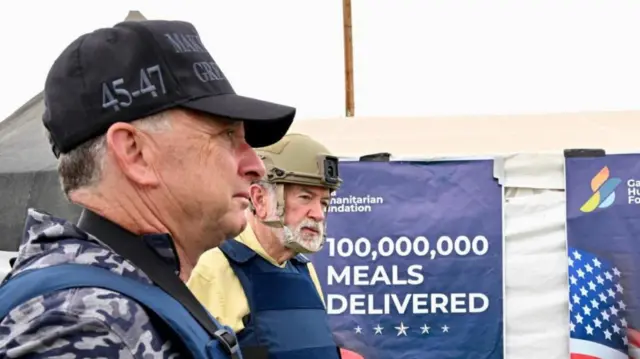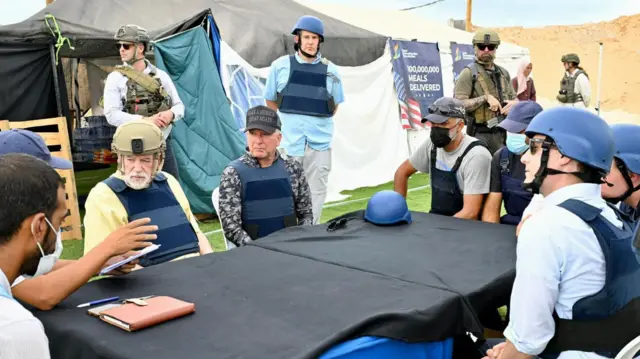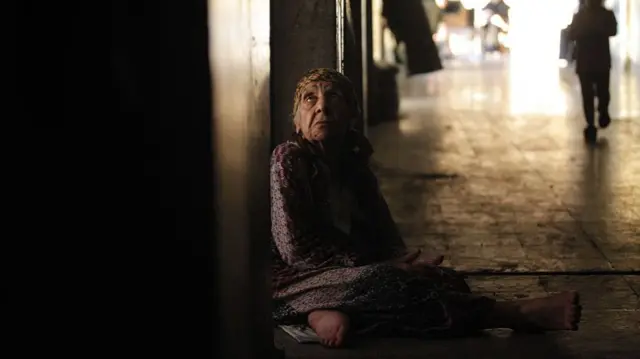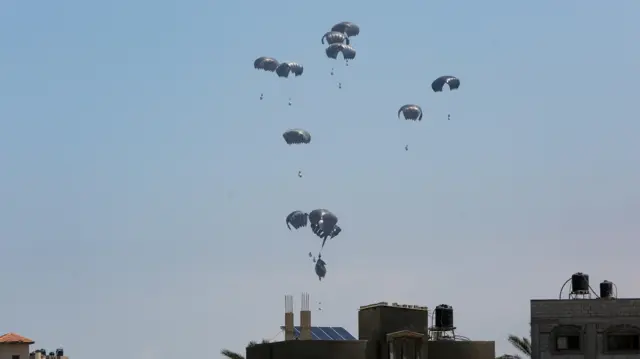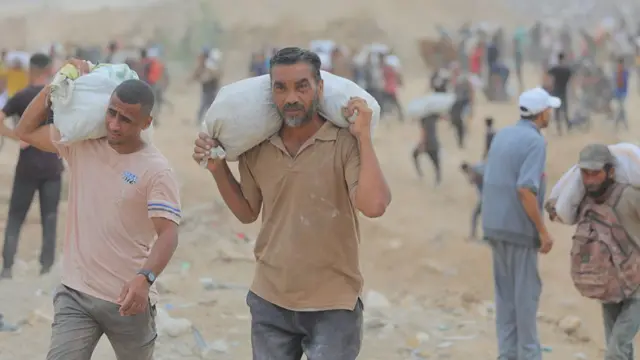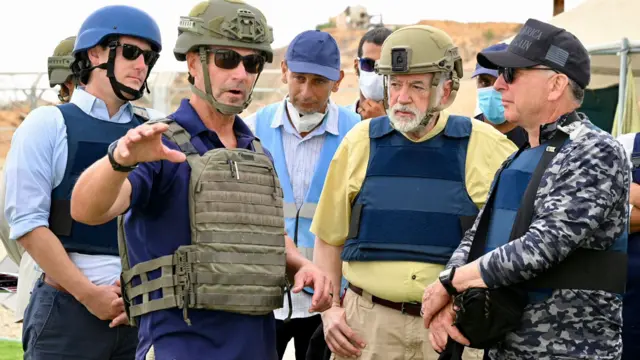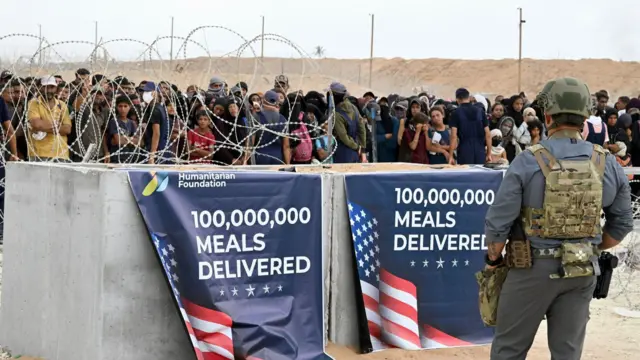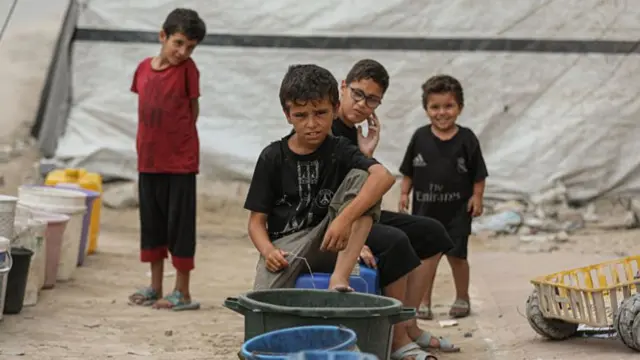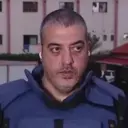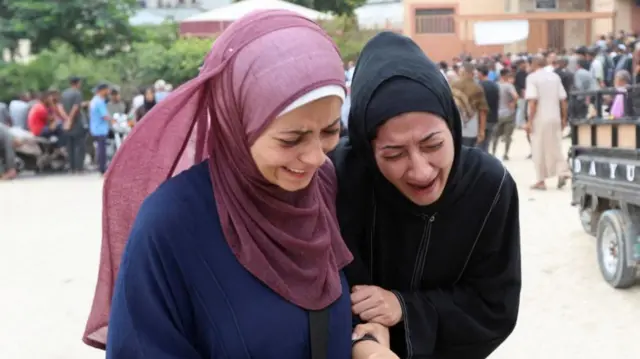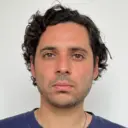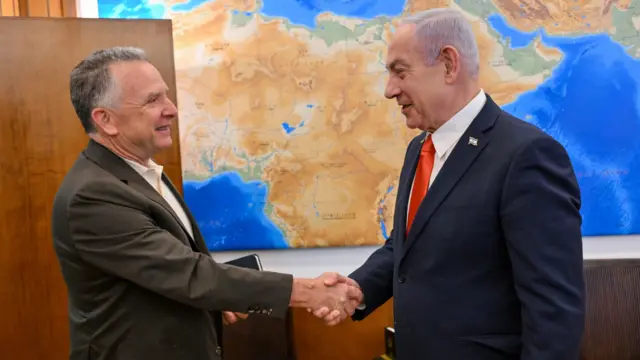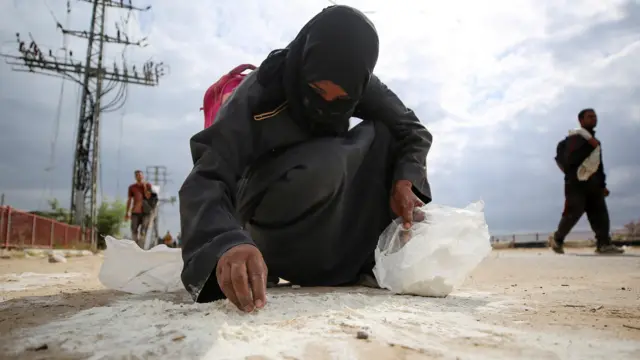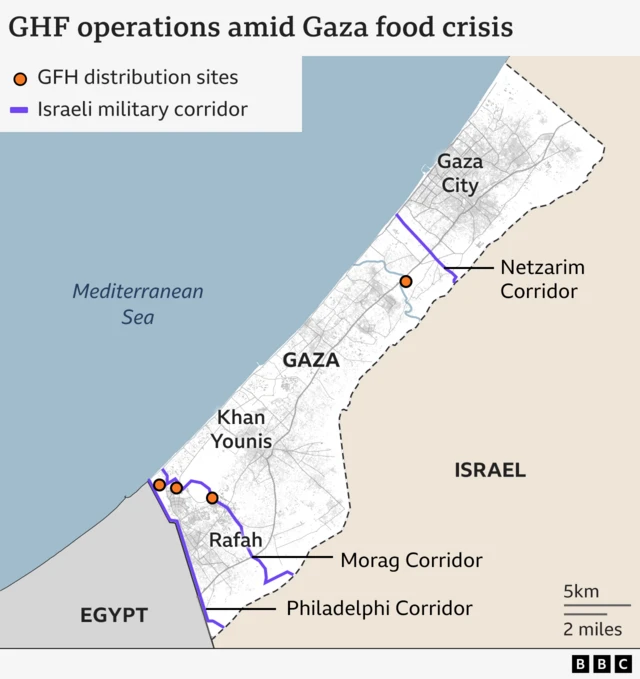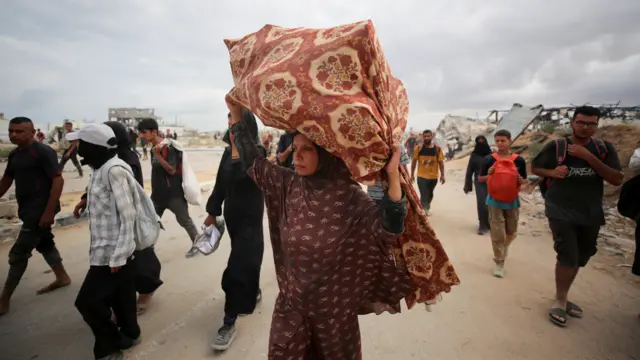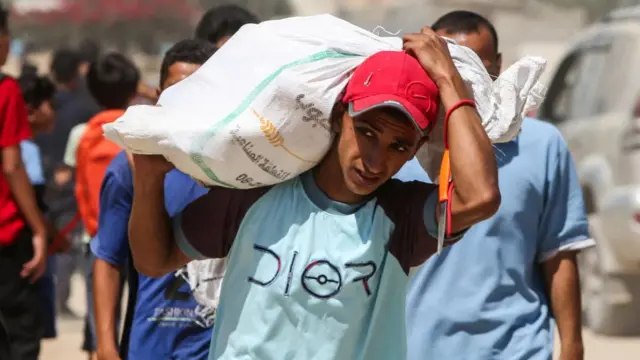Human rights group accuses Israel of 'bloodbaths' at aid sites after US envoy visitpublished at 14:59 BST 1 August
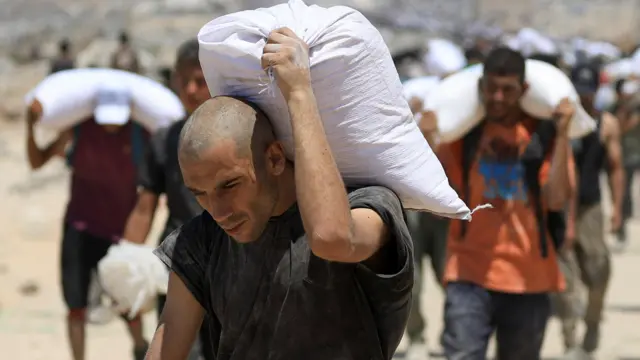 Image source, Reuters
Image source, ReutersEarlier today, Donald Trump's Middle East envoy and Israel ambassador visited Gaza, to inspect an aid distribution site run by the controversial US and Israel-backed Gaza Humanitarian Foundation (GHF).
Steve Witkoff and Mike Huckabee were photographed alongside members of the Israeli military at one of the sites thought to be near Rafah, in the south of the territory. One image showed a crowd of Palestinians, stationed on the opposite side of a wall and behind barbed wire, watching on.
The US visit follows reports of near daily shootings of Palestinians at GHF sites. Shortly after they departed, campaign group Human Rights Watch accused Israeli forces and US-backed contractors of establishing "a flawed, militarised aid distribution system that has turned aid distributions into regular bloodbaths".
The latest figures from the UN say at least 1,373 Palestinians have been killed at aid sites trying to get food since May, with at least 859 of them being killed in vicinity of GHF sites.
Israel says its troops do not intentionally open fire on civilians and accuses Hamas of instigating chaos near the sites. The GHF rejects these figures.
- We're ending our live coverage now. Visit the Israel-Gaza war section on the BBC News website for further updates and analysis
